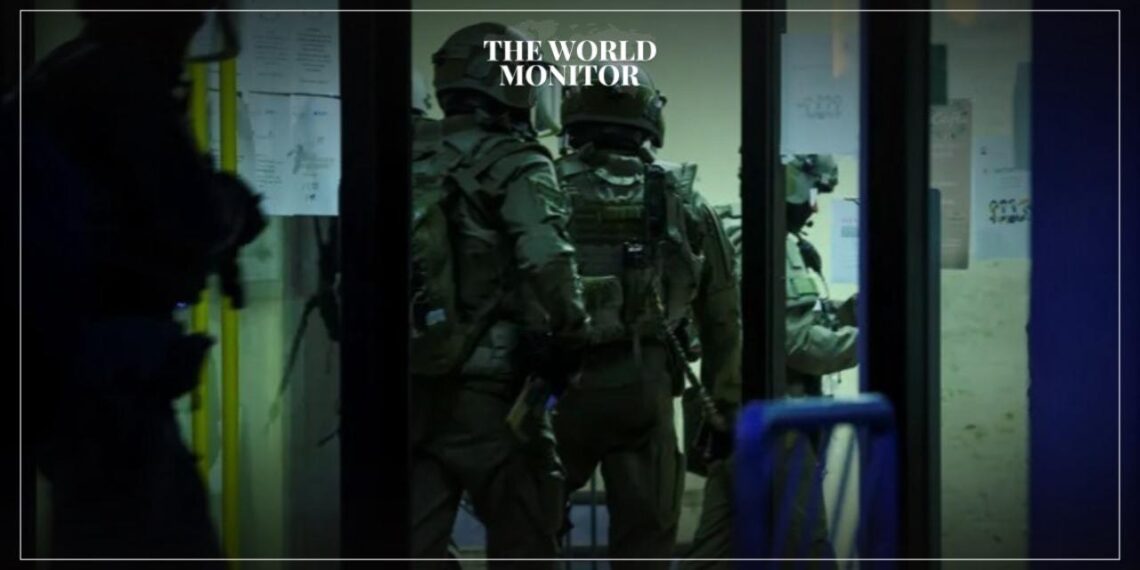The terrorist organisation ISIS has claimed responsibility for a stabbing attack that occurred last Friday in Solingen, western Germany.
The incident resulted in three fatalities and eight injuries. However, ISIS has not provided any evidence to substantiate its involvement in the attack, and the connection between the attacker and the organization remains unclear.
The attack took place in the Frohnhofer area, a market square in Solingen where bands were performing as part of a festival commemorating the 650th anniversary of the city’s founding.
Authorities are still searching for the assailant and have detained a 15-year-old boy as part of their investigation to determine any potential links to the attacker.
Hendrik Wüst, the Prime Minister of North Rhine-Westphalia, stated on Saturday that the stabbing was a “terrorist act.”
ISIS has a history of encouraging and claiming responsibility for lone-wolf attacks in Europe.
These attacks are often carried out by individuals who may not have direct ties to the organisation but are inspired by its radical ideology.
The lack of concrete evidence linking the attackers directly to ISIS is not uncommon, as the group has been known to claim responsibility for attacks to propagate fear and claim success despite diminishing control over territories in the Middle East.
In recent years, European countries have faced several such attacks, leading to increased security measures and intelligence sharing among nations to prevent future incidents.
The claim by ISIS for the Solingen attack follows this pattern, attempting to instill terror while capitalising on any violent incident that aligns with their motives.
The ongoing investigation in Germany aims to uncover more about the attacker’s motivations and potential affiliations, helping to assess the actual risk and prevent similar future attacks.






